(ECNS) -- A research team from Fudan University Shanghai Cancer Center has successfully identified the gene involving immune evasion in triple-negative breast cancer.
They performed two-step customized in vivo CRISPR screens targeting disease-related immune genes using different mouse models with multidimensional immune-deficiency characteristics.
They also constructed a "Dr. Immune library" and conducted editing on 2,796 disease-related immune genes.
Functional screening and transcriptomic analysis identified Lgals2 as a candidate regulator in triple-negative breast cancer involving immune escape. Mechanistic studies demonstrated that tumor cell-intrinsic Lgals2 induced an increased number of tumor-associated macrophages.
Blockade of Lgals2 using an inhibitory antibody successfully arrested tumor growth and reversed the immune suppression, according to their research.
Mouse-model, single-cell sequencing and RNA sequencing have been used to detect the working mechanism of Lgals2.
Triple-negative breast cancer is a heterogeneous subtype of breast cancer that lacks expression of estrogen receptor, progesterone receptor, and human epidermal growth factor receptor.
The research, jointly conducted by Shao Zhimin, Hu Xin and Di Genhong from Fudan University Shanghai Cancer Center, was published in Science Advances.
Lgals2-targeted therapy is expected to become a new immunotherapy method to treat triple-negative breast cancer, said Shao, director of Breast Surgery.
It may offer a chance for patients with triple-negative breast cancer to live longer.









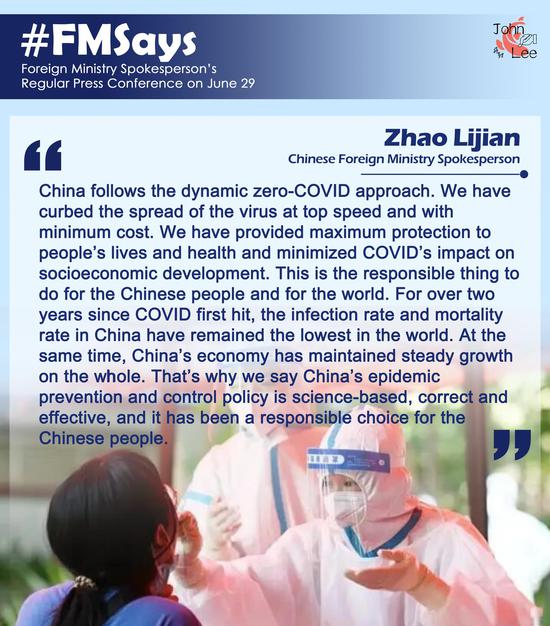
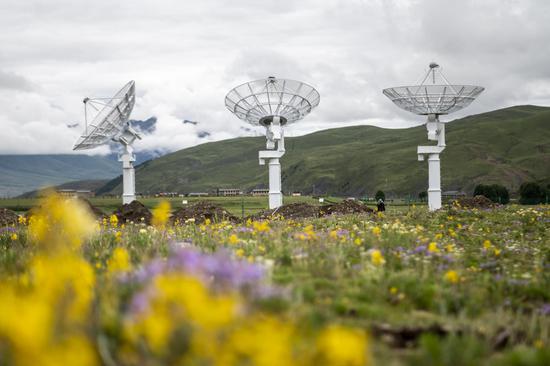



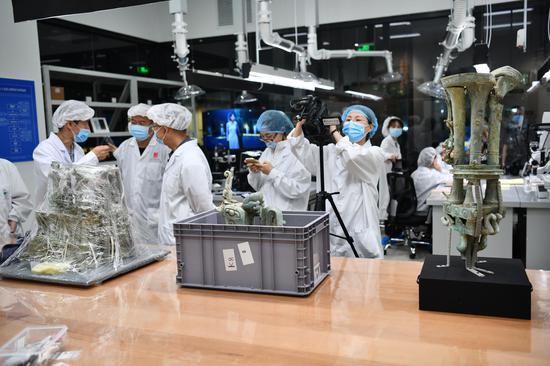



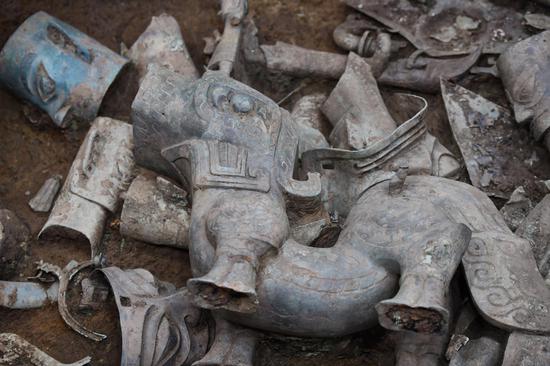





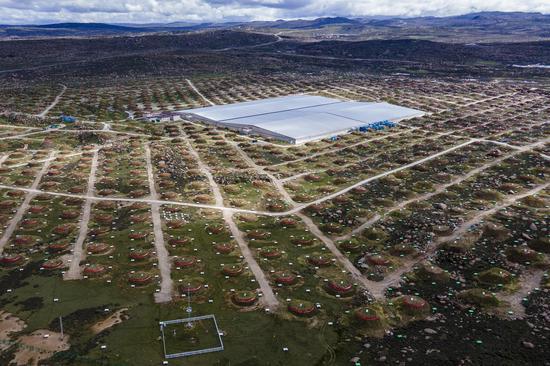



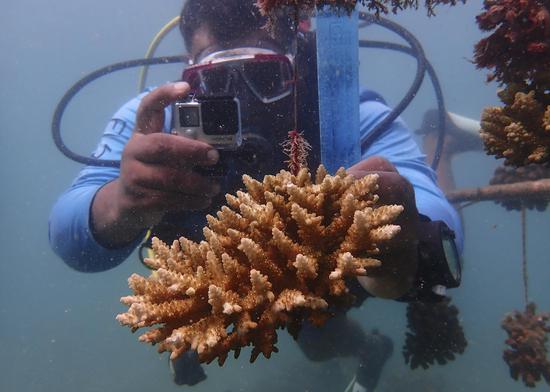





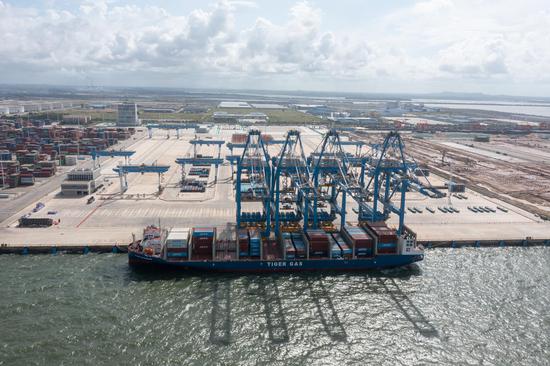


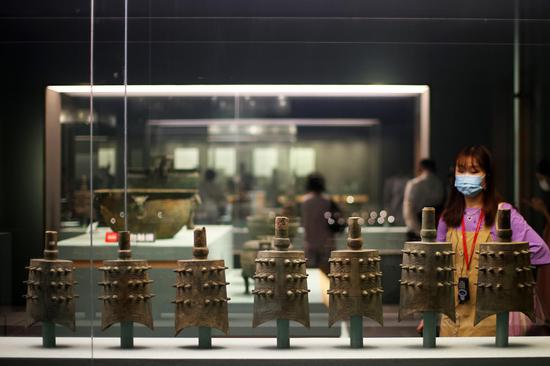





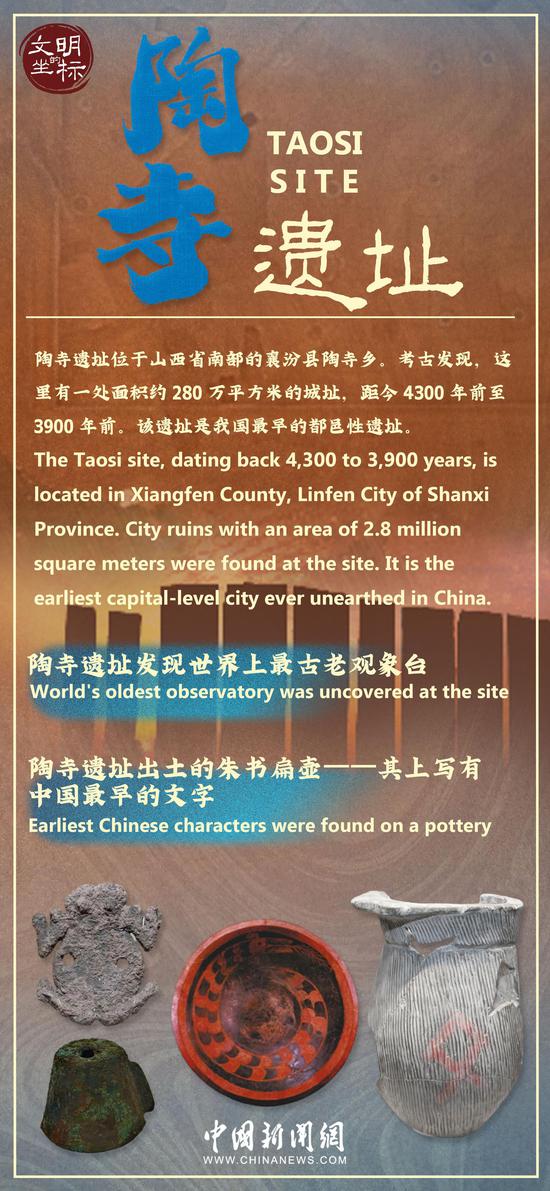






 京公网安备 11010202009201号
京公网安备 11010202009201号